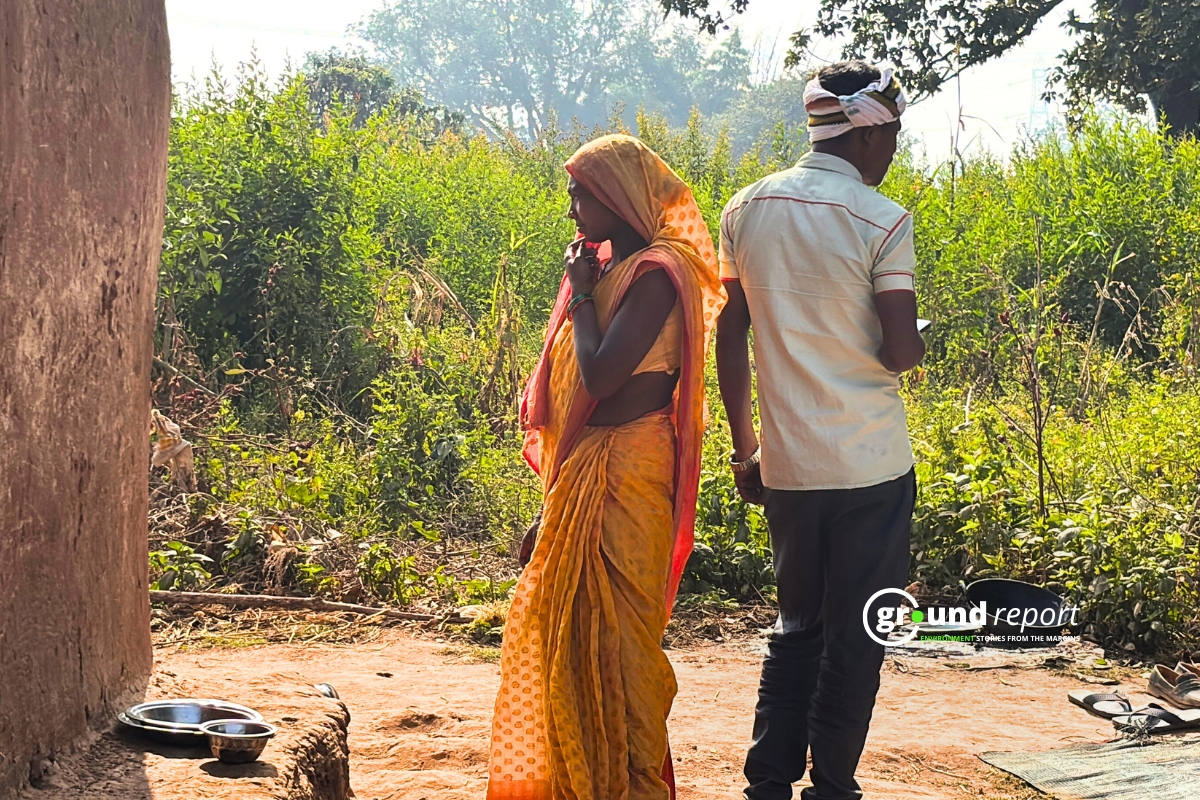A major policy change in India’s food and beverage sector has taken shape after a long battle over misleading product labels. The Food Safety and Standards Authority of India (FSSAI) has banned companies from using the term “Oral Rehydration Salts (ORS)” on any product that does not meet World Health Organization (WHO) standards.
This decision follows years of persistent campaigning by Hyderabad-based paediatrician Dr Sivaranjani Santosh, who raised concerns about sugary drinks being sold as ORS. Her decade-long effort exposed how companies used the medical term to market sweetened beverages as health products. The new order now forbids such labelling on all food and drink items.
The FSSAI issued the order on October 14, 2025. It stated that using the term “ORS” for fruit-based, non-carbonated, or ready-to-drink beverages misleads consumers and violates the Food Safety and Standards Act, 2006. The order also cancels earlier approvals that allowed brands to use the term with disclaimers such as “This product is not an ORS formula as recommended by WHO.”
“This is a win for parents, for children, for the people,” Dr. Santosh said in an emotional Instagram video that went viral after the announcement. “No high-sugar drink can have ORS on its label anymore. They cannot sell even a single bottle now.”
Who is Dr Sivaranjani Santosh?
Dr. Sivaranjani Santosh is a paediatrician based in Hyderabad who has worked in child health for over two decades. Her fight against misleading ORS labels began after she treated children suffering from dehydration who had been given sugary drinks sold as “ORS.”
She first noticed the issue while practicing in local clinics, where parents often brought bottles of branded drinks instead of WHO-approved rehydration solutions. “They genuinely believed they were doing the right thing because of what the label said,” she once explained in an interview.
What started as a local concern grew into a national campaign. Dr. Santosh began educating parents through social media and public talks. In 2022, she filed a Public Interest Litigation in the Telangana High Court, demanding that the FSSAI take strict action against companies using “ORS” for commercial drinks.
What’s the Whole Matter?
The core issue lies in the misuse of the term “ORS” on drinks that are not medically approved. The WHO recommends that ORS should contain 2.6 grams of sodium chloride, 1.5 grams of potassium chloride, 2.9 grams of sodium citrate, and 13.5 grams of glucose per litre of water. These components help treat dehydration caused by diarrhoea.
Many commercial beverages sold under the “ORS” name contained up to 120 grams of sugar per litre, almost ten times more than what’s medically safe. They also had much lower electrolyte content. “Instead of rehydrating, these drinks worsened diarrhoea,” Dr. Santosh said. “Children ended up in hospitals or worse.”
Some companies tried to protect themselves legally by adding small disclaimers like “Not recommended during diarrhoea” in fine print. Dr. Santosh called this a “mockery of public health,” saying that such warnings were unreadable for many consumers.
With the FSSAI’s latest directive, these misleading products will now be classified as “misbranded” and “deceptive.” Companies found violating the rule can face legal action under Sections 52 and 53 of the Food Safety and Standards Act.
How to Find Fake and Real ORS?
The easiest way to identify real ORS is by checking the label for WHO approval. Genuine ORS packets usually mention “WHO recommended formula” and are sold in powder form to be mixed with clean water. These packets are often available in pharmacies or government health centers.
Fake or misleading ORS drinks often come in ready-to-drink bottles or tetra packs, sometimes with fruit flavours and celebrity endorsements. They may also display the term “ORS” prominently on the front while hiding disclaimers in small print.
Support us to keep independent environmental journalism alive in India.
Keep Reading
Tiger. Man. Man-eater Tiger. What or Who Turns Them Man-eater?
After Tragedy, Families Face Delays in Tiger Attack Compensation
Stay connected with Ground Report for underreported environmental stories.
Follow us onX, Instagram, and Facebook; share your thoughts at greport2018@gmail.com; subscribe to our weekly newsletter for deep dives from the margins; join ourWhatsApp community for real-time updates; and catch our video reports on YouTube.
Your support amplifies voices too often overlooked, thank you for being part of the movement.









